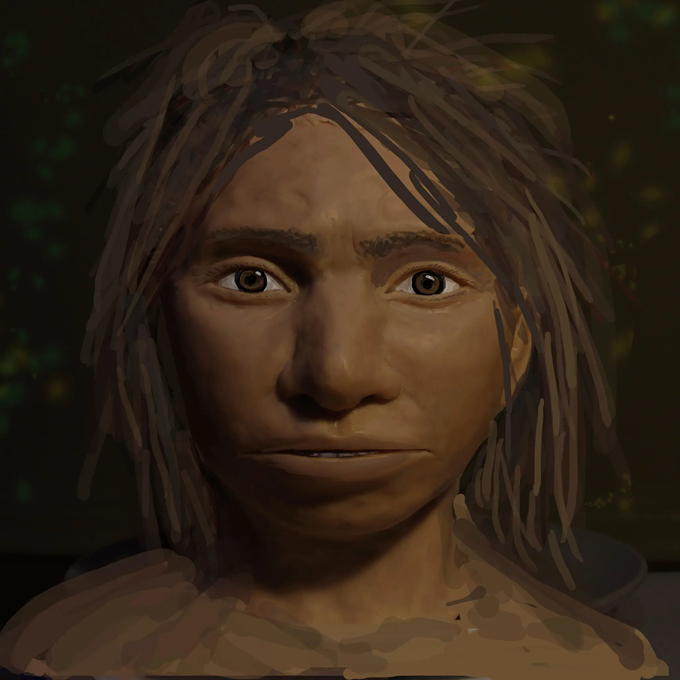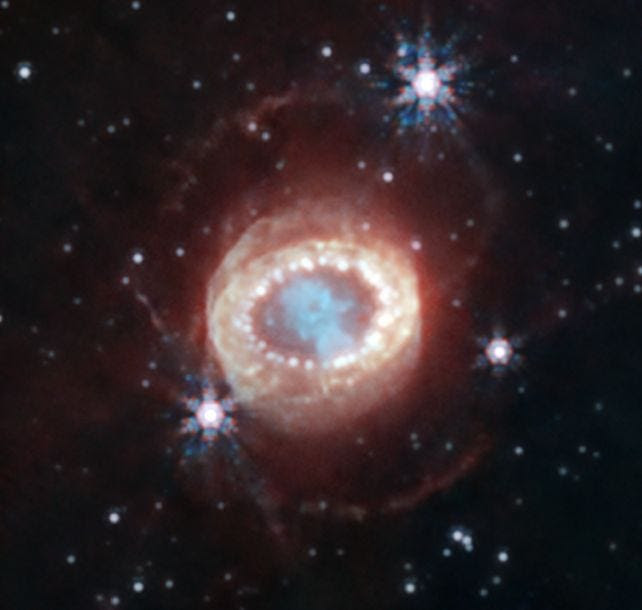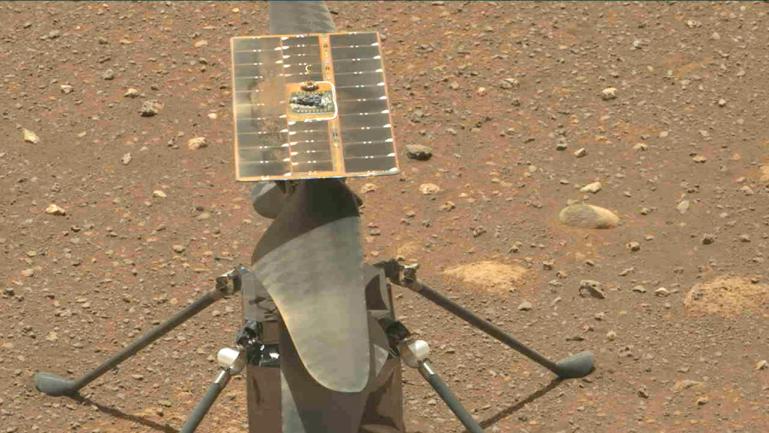3.11.24
| Herb Masters |
Hello Supporters of Science and Reason
Some recent news has sent me down a new path of questioning what we think we know, how we think we should react and why we should. Can Intellectual Humility Save Us from O
| Herb Masters |
Hello Supporters of Science and Reason
Some recent news has sent me down a new path of questioning what we think we know, how we think we should react and why we should. Can Intellectual Humility Save Us from O

科学迷们,大家好!(Hello again science fans!)
Neanderthals (H. neanderthalensis) and Denisovans (H. denisova ??) interbred at various times and places. (The “??” following H. denisova refers to the current situation where insufficient Denisovan fossils exist to firmly classify them.) Modern humans interbred with Neanderthals so today we H. sapiens have varying snippets of DNA derived from Denisovans. Also, study of blood types of these three groups suggest that Rh incompatibility may have affected the health of some hybrids. (By the way, D
Bob Siederer
Feb 26 2024

Hello again Science Fans!
This year is a leap year, when one day is added to the calendar to account for the difference between the tropical year and the common year. The tropical year is the time it takes Earth to make one complete orbit around the Sun, or 365 days, 5 hours, 48 minutes, and 45 seconds. It would be pretty difficult to have a calendar that matched that exactly, so we use the common year length of 365 days. That means we fall slightly behind the actual year by almost 1/4 day. So every 4 years (with exceptions) we add one day to the calendar, that being February 29, to get back in synch, more or less.
Back in the day, namely 46 BC, the Julian cal
Hello Fans and Supporters of Science and Reason!
Here’s to The Most Beautiful Science of the Year. I realize that “new year” was over a month ago but consider the
Hello to Those Who Schmooze Science, I hope that you found what you wanted today with the Super Bowl. For me I found no lines at the grocery store or the gas station. I did have a lot of computer data issues with today’s SciSchmooze though. Which will make this one a bit briefer than usual. If you did stay home for the Super Bowl, I hope Taylor was able to join you, the ads were as good as hoped for, and my friend Jerry’s was a big hit with the clydesdale fans. Now, on to the science! Did you know that Sunday 11 February was the International Day of
Hola, fans de la ciencia, “Toto, I have a feeling we’re not in Kansas anymore.” Hurricanes and tornadoes and floods, oh my! ¿Tornadoes in California? Yes. Nine tornadoes were documented in California during 2023 with Los Angeles County getting three of those. A friend’s house in SoCal had part of her roof torn off during a storm in early January leaving a 5 meter strip of metal flashing grotesquely twisted. Several of her close neighbors had metal panels ripped off their carports at the same time. ¿Was that a tornado? There’s not enough evidence to know but if so, it only qualified for an EF0 rating on the
Hello again Science Fans! In the era of planned obsolence and less than robust construction, it is refreshing to see that some things are still over-engineered and over-built. The Mars helecopter, Ingenuity, certainly counts as one of the later. Ingenuity was designed to make 5 flights. It was intended as a test to see if it could fly through the thin atmosphere of Mars. Ingenuity was dropped from the belly of Perseverance, the Mars rover, shortly after landing. It not only flew the planned 5 missions, but continued on in a new role, helping scout clear paths for Perseverance to take towards new exploration targets.
Hello Science Fans, I hope that you have thought about whether anti-science is worth considering or worrying about. From battles over the efficacy and safety of vaccinations, to dangerous or useless medical practices, to regulations not based on science, that can lead to injury or death there are a lot of challenges to getting through the day, week, month, or year. May I suggest... The Deadly Rise of Anti-Science: A Scientist's Warning. Here's a more specific take on it...
Hello and a belated Happy Trip Around the Sun, I was thinking how much I was looking forward to the end of '23 and having a fresh start on a new year. Well that didn't bring a noticeable change in how things look around the world. Many innocent people are dying at the hands of nature or at the hands of other people. The horror of the capacity of humans to do so much harm and inflict so much suffering on others will never do anything but bring sorrow to me. I've been away from the keyboard and the SciSchmooze for for longer than usual and there is so much to share. The coming year will be full of new discoveries, challenges, and achievements. One thing about science is it is never really done. It seems that science and technology (applied science) never rest and constantly offer new insights and solutions to questions and problems. They often bring new qu
Hello again science fans! I hope your new year is off to a pleasant start and i trust the new year will bring joy along with a few minor unavoidable travails and challenges. And if learning new things brings you joy - read on! ¿If an advanced species of vertebrate arose hundreds of millions of years ago and invented - all in the space of only 10,000 years - agriculture, mathematics, automobiles, jet airplanes, atomic power, and spaceflight before self-destructing, how would we know about it? That’s the crux of the thought experiment called the “
A Sciencey Valentine from the SciSchmooze
Storm Schmoozing

Remembering Ingenuity with the SciSchmooze

It’s Science! Go and Schmooze it.
And around we go again… With the SciSchmooze

SciSchmoozing a Thought Experiment